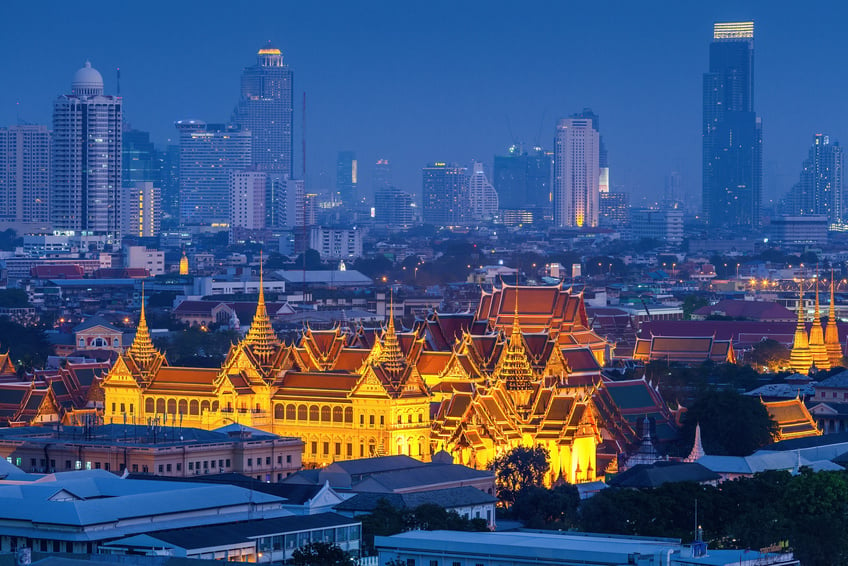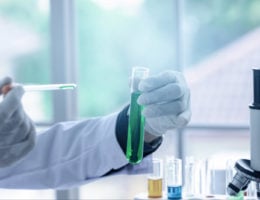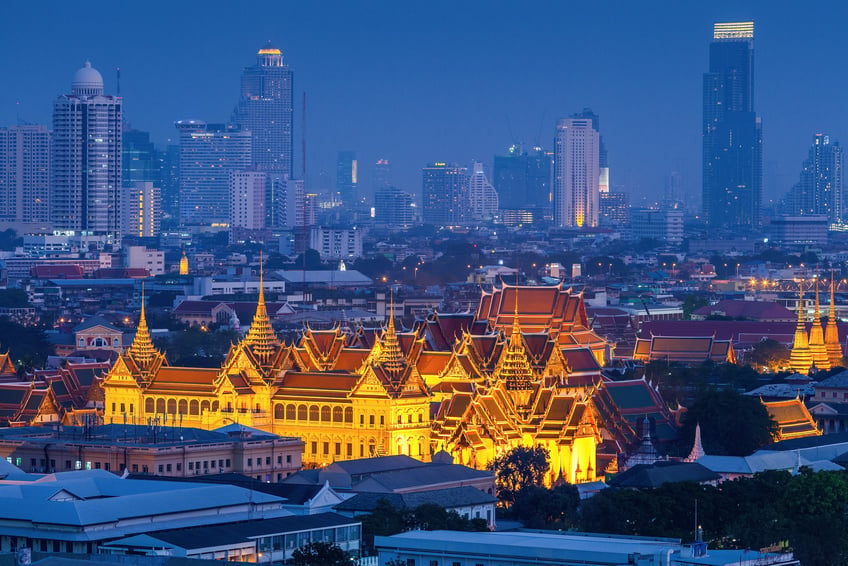In recent years, environmental issues have been increasingly prioritized, leading to positive results in the development of national policies in Thailand. Many draft environmental legislations, which were previously stalled, are now regaining momentum as key enablers to drive Thailand towards a more sustainable future.
As a key step in combating the climate change crisis, the Thai government has recently established the Department of Climate Change and Environment within the Ministry of Natural Resources and Environment. This central government agency is dedicated to focusing on the country’s climate change efforts.
Climate change and extreme weather situations have no boundaries and impact everyone in the world. To mitigate the onset of these global catastrophes, we need urgent and meaningful international collaboration as called upon in the United Nations Framework Convention on Climate Change under “Common but differentiated responsibilities” and respective capabilities, in light of different national circumstances. At present, the legally binding international treaty on climate change is the “Paris Agreement”, adopted by 196 state parties at the 21st Conference of the Parties in Paris, France, on 12 December 2015 and entered into force on 4 November 2016.
Following the UN Climate Change Conference in Glasgow (COP26) in November 2021, almost 200 countries, including Thailand, announced their climate goals and made commitments to tackle climate change. Thailand has pledged to be carbon neutral by 2050 and reach net-zero greenhouse gas emissions by 2065. To support the government’s policy in this direction, various government agencies and public organizations, such as the Thailand Greenhouse Gas Management Organization, have been actively progressing efforts to realize Thailand’s sustainability goals through various schemes and measures that they are empowered to do under the relevant laws.
Under the current regulation, a Good Manufacturing Practice (GMP) certificate obtained from the Food and Drug Administration (FDA) is a voluntary requirement for local medical device manufacturers. However, manufacturers of licensed medical devices and detailed notification medical devices must provide GMP certificates from the FDA or an ISO 13485 certificate issued by one of the official Certified Bodies as part of the documents for the registration of medical devices. These certificates are not required to manufacture and notify low-risk medical devices unless they are exported and certain certificates are required by the destination countries.
Discussion about and around sustainable development is more critical now than ever as governments around the world have announced their commitment to achieve carbon neutrality and net zero greenhouse gas emissions during the 26th United Nations Climate Change’s Conferences of the Parties (COP 26) in Glasgow, and Thailand is no exception. Prime Minister Prayut Chan-o-cha announced Thailand’s commitment to become carbon neutral by 2050 and have net zero greenhouse gas emissions by 2065.
Many of us have heard the term “Metaverse,” which is commonly used to refer to the combination of technologies that allows us to access a virtual reality world or bring virtual reality into the physical world, as first mentioned in Neal Stephenson’s scientific novel “Snow Crash” (1992). The term “Metaverse” has become one of the biggest buzzwords over the past year, and recently we have seen tech giants striking deals to take part in the metaverse.
In Part 1 of our newsletter on sustainability and investment promotion, we discussed the current climate of a drive towards sustainability goals and the role of the Thailand Board of Investment in supporting businesses in this direction. In this second part, we will elaborate on measures adopted by the Thailand Board of Investment so far, including: measure to promote Thailand as the regional EV hub; measure to promote sustainability-related activities; special measures to improve production efficiency; and measure to promote a grassroots economy.
Customers and investors are increasingly interested in the ESG initiatives of companies before making a purchase or investment decision. This is the case in Thailand, where we are seeing more companies announce sustainability initiatives, causing government authorities to supportively respond to these efforts. In this two-part article, we will first focus on the sustainability trends in Thailand and the role of Thailand’s Board of Investment with examples of current incentive schemes and privileges that facilitate sustainability-related activities.








